Unlock Your Athletic Potential with Creatine Monohydrate
As athletes, we all want to improve our performance and achieve our fitness goals. Whether you are a beginner or a seasoned pro, you may have heard of creatine monohydrate as a supplement that can help you achieve your fitness goals. In the past, bodybuilders have used creatine monohydrate to enhance their performance and increase muscle growth. However, recent studies have shown that creatine monohydrate can provide considerable benefits to athletes participating in a range of sports, including running, cycling, and high intenisty interval workouts.
Creatine Monohydrate is considered as one of the most extensively studied and efficient supplements that are currently available. It has been demonstrated to aid in enhancing exercise performance by facilitating the rapid production of energy during high-intensity physical activity.
In addition to its benefits for physical performance, there is some evidence to suggest that creatine may also have cognitive benefits. Some studies have found that creatine supplementation can improve memory and cognitive function in older adults, and there is some research suggesting that it may also have potential in the treatment of neurological conditions such as Alzheimer's disease and Parkinson's disease. However, more research is needed in this area to fully understand the potential cognitive benefits of creatine supplementation.
What is Creatine Monohydrate?
Creatine monohydrate is a popular sports supplement that is commonly used to increase muscle strength and improve athletic performance. Creatine monohydrate is a natural compound that is found in small amounts in meat and fish. It is also produced by the body in the liver, kidneys, and pancreas. Creatine is stored in the muscles as phosphocreatine and is used to produce energy during high-intensity exercise. It can also be obtained through the diet or through supplementation. However, for those following a vegan diet, getting enough creatine from food sources alone can be challenging, as creatine is mostly found in animal products like meat and fish.
Fortunately, there are vegan-friendly creatine supplements available on the market that are made from synthetic or plant-based sources. Some popular plant-based sources of creatine include creatine monohydrate derived from fermented corn or beetroot extract.
Studies have shown that vegan creatine supplements can be just as effective as animal-based creatine supplements in improving exercise performance and promoting muscle growth. In fact, some research suggests that vegan creatine supplements may even be more effective for certain populations, such as vegetarians and vegans, who may have lower baseline levels of creatine in their muscles.

How Does Creatine Monohydrate Work?
When you take creatine monohydrate, it is absorbed into the muscles and stored as phosphocreatine. During high-intensity exercise, the body uses ATP (adenosine triphosphate) to produce energy. When the body runs out of ATP, it uses phosphocreatine to produce more ATP, which helps to increase endurance and power. So basically, Creatine helps to replenish ATP, which is used up during exercise, allowing you to perform more reps, sets and/or harder efforts before fatigue sets in. This will allow for more intensity and longer endurance within your workout. It has been shown to improve strength, power, and endurance, as well as speed up muscle recovery after exercise.
Creatine also helps to increase muscle hydration by pulling water into the muscle cells. This can lead to an increase in lean muscle size and strength. Creatine also appears to increase protein synthesis, which is the process by which muscle tissue is repaired and regenerated after exercise.
What are the Benefits of Creatine Monohydrate?
One of the primary benefits of creatine monohydrate for runners and cyclists is its ability to increase energy production in muscles. During intense exercise, muscles use ATP (adenosine triphosphate) as their primary source of energy. However, the body has a limited supply of ATP, and as a result, muscles can become fatigued and performance can suffer.
Creatine monohydrate helps to increase the production of ATP in muscles, which can delay fatigue and improve endurance. Creatine monohydrate can also increase muscle strength and power. This is particularly important for cyclists and runners who need explosive power to sprint or climb hills. By increasing muscle strength and power, creatine monohydrate can help athletes to perform at their best during intense exercise.
Another benefit of creatine monohydrate for runners and cyclists is its ability to improve recovery. After a hard workout or race, muscles can become sore and fatigued. Creatine monohydrate can help to reduce muscle soreness and speed up recovery time, allowing athletes to train harder and more frequently.
Studies have also shown that creatine monohydrate can improve cognitive function, which can be beneficial for runners and cyclists during long races or training sessions. Improved cognitive function can help athletes to stay focused and alert, leading to better performance. To see the full benefits of creatine monohydrate, it is important to take it consistently and as directed. It is also important to stay hydrated and maintain a healthy diet. By doing so, runners and cyclists can experience the benefits of creatine monohydrate and improve their overall performance.
What are the Side Effects of Creatine Monohydrate?
When taken as directed, creatine monohydrate is generally safe. However, some individuals may experience side effects. The most common side effects of creatine monohydrate include stomach discomfort, bloating, and diarrhea. Additionally, some people may experience weight gain due to water retention when taking large amounts. There has been some concern that long-term use of creatine monohydrate may cause kidney damage, but this has yet to be proven in studies. It is important to follow recommended dosages and consult with a healthcare professional before starting any new supplement.
How to Take Creatine Monohydrate?
The recommended dose of creatine monohydrate is 4-7 grams per day. It is best to take creatine monohydrate with a meal or immediately after exercise. It is also important to drink plenty of water when taking creatine monohydrate to avoid dehydration. Stratos conducted thorough research and athlete testing to determine the optimal dosage for our pre-workout drink. To ensure the best performance during intense workouts, we incorporate 4 grams per scoop in our formula.
Conclusion
Creatine monohydrate is a natural compound that offers several advantages, such as enhanced muscle growth, improved strength, and cognitive function. Athletes and bodybuilders commonly use it to boost their performance. Individuals with medical conditions affecting muscle strength and mass also benefit from it. Moreover, recent research shows that running, cycling, and high-intensity interval training can reap significant rewards from creatine monohydrate use. While generally safe and well-tolerated, it is vital to adhere to dosage guidelines and stay hydrated to reduce the risk of adverse effects.
Links on the benefits of creatine:
-
"Creatine Supplementation Enhances Brain Function": This study discusses the cognitive benefits of creatine supplementation, including improved memory and mental clarity. https://www.ncbi.nlm.nih.gov/pmc/articles/PMC1691485/
-
"The Benefits of Creatine Supplementation for Athletes": This article provides an overview of the athletic performance benefits of creatine, including increased strength and power output, improved muscle recovery, and reduced fatigue. https://www.healthline.com/nutrition/creatine-for-athletes
-
"Creatine: What It Is, What It Does, and Its Side Effects": This article provides an in-depth explanation of creatine, including its benefits and potential side effects. https://www.medicalnewstoday.com/articles/263269
-
"Creatine: Uses, Benefits, and Safety Information": This article covers the various uses of creatine, including its benefits for athletes and non-athletes alike, as well as safety information and potential side effects. https://www.verywellfit.com/the-benefits-of-creatine-supplements-3121394
-
"The Benefits of Creatine for Women": This article specifically discusses the benefits of creatine for women, including increased muscle mass and strength, improved bone health, and reduced risk of injury. https://www.womenshealthmag.com/fitness/a19992034/creatine-for-women/
-
Can Vegans Benefit from Creatine Supplements?" by Healthline: https://www.healthline.com/nutrition/vegan-creatine
-
"Creatine and the Vegan Diet" by Verywell Fit: https://www.verywellfit.com/creatine-and-the-vegan-diet-4163695
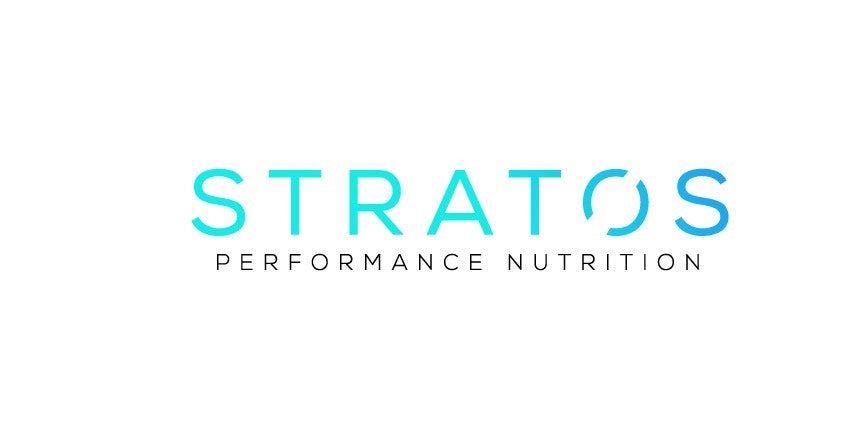
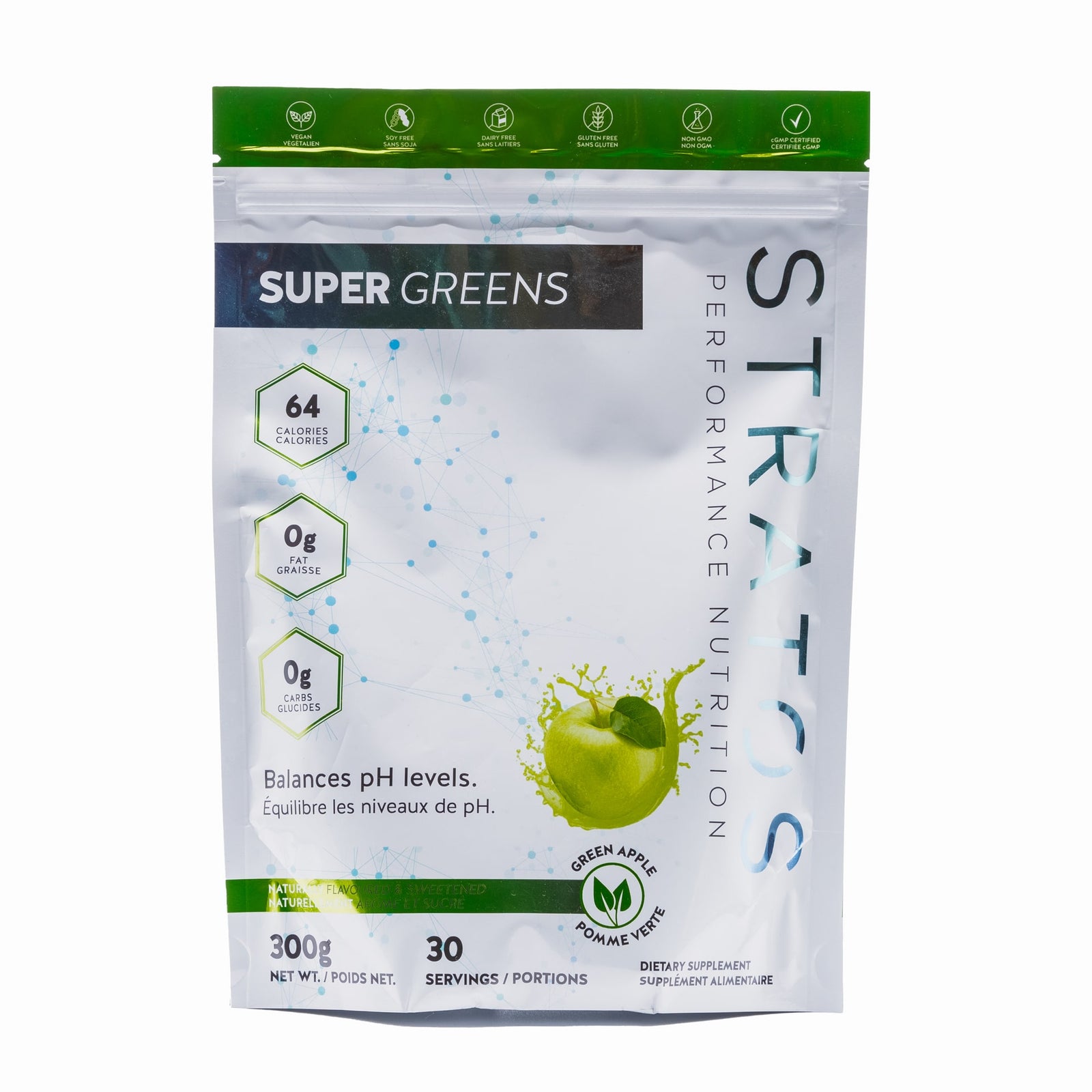
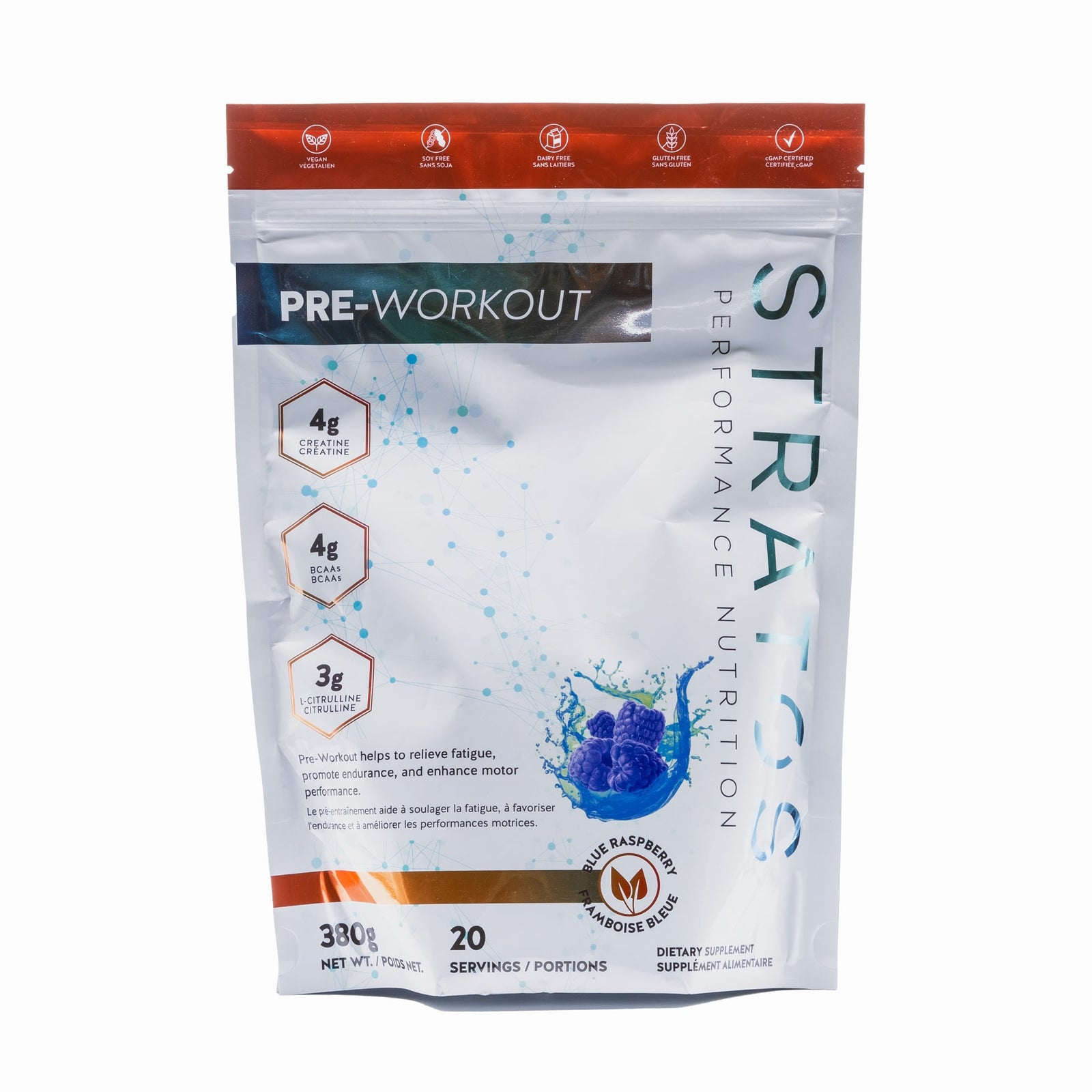
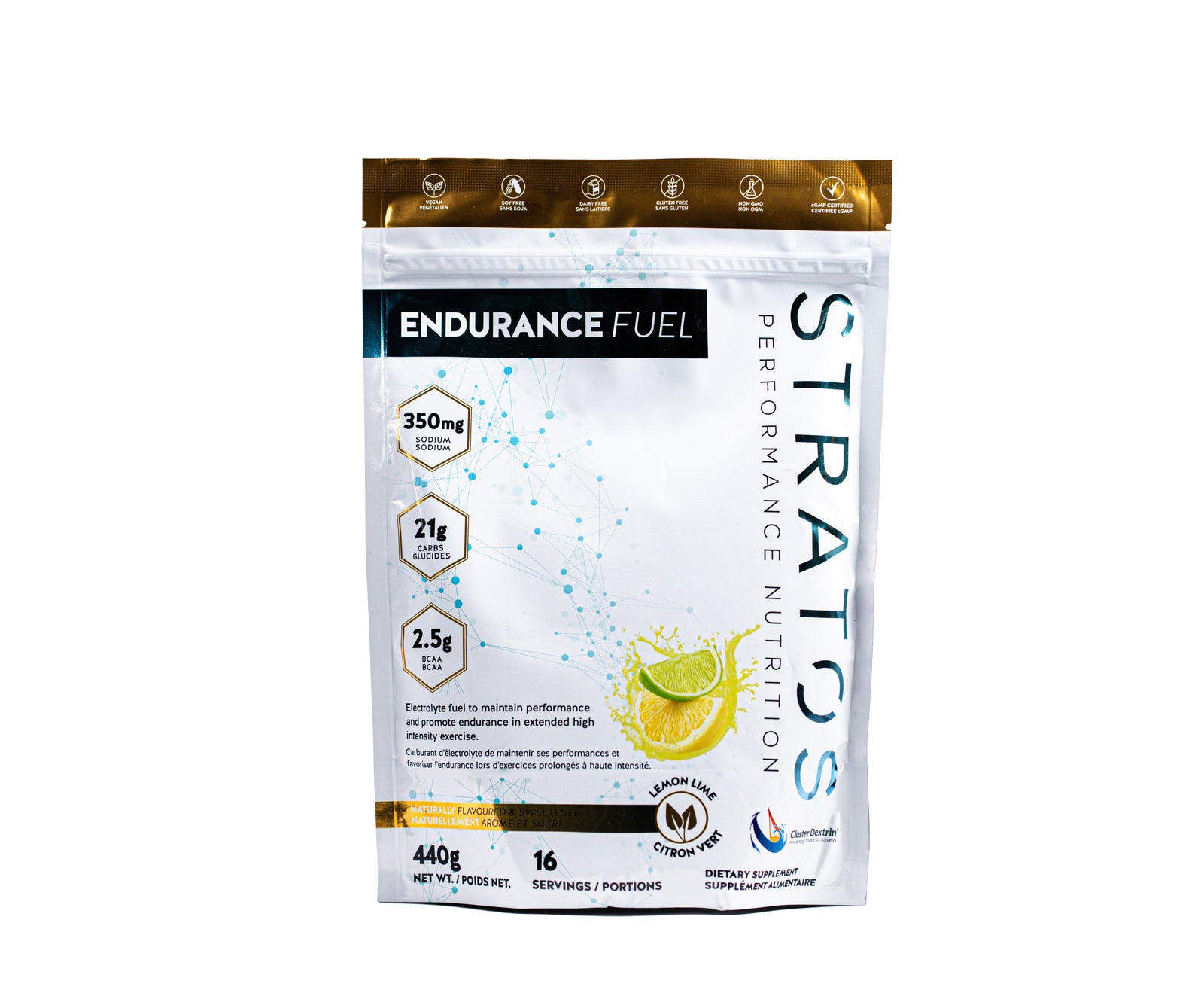
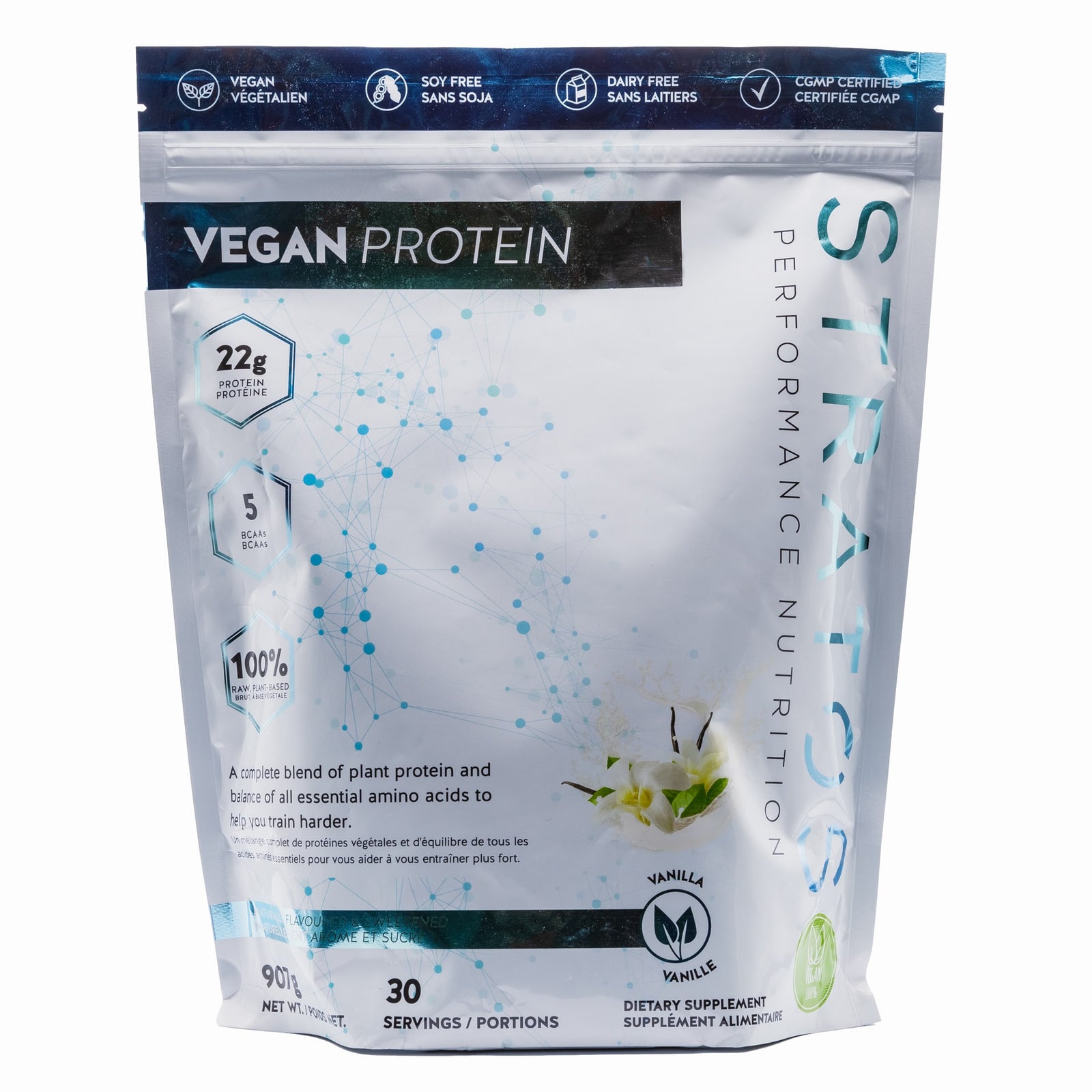


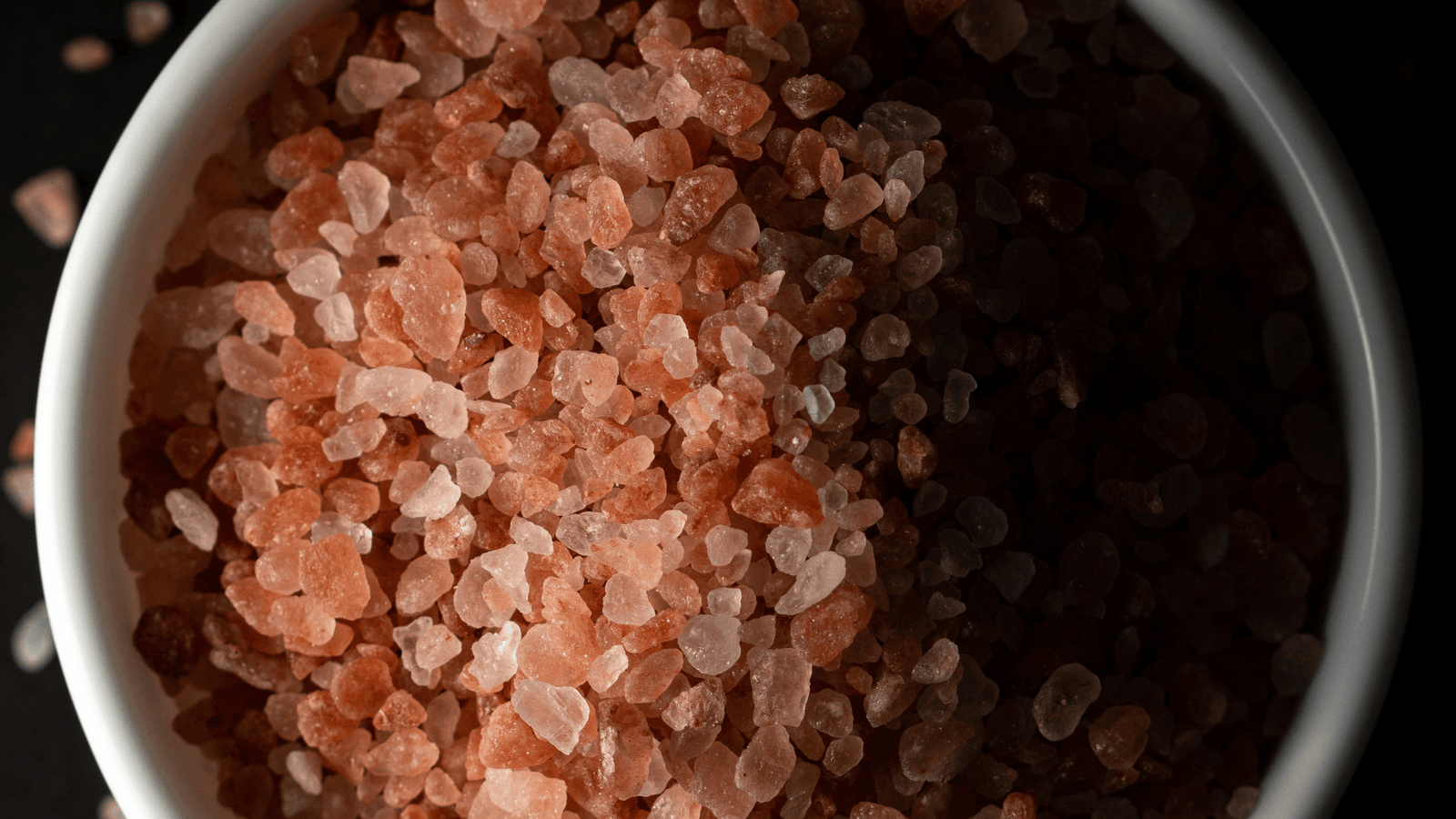

Leave a comment (all fields required)